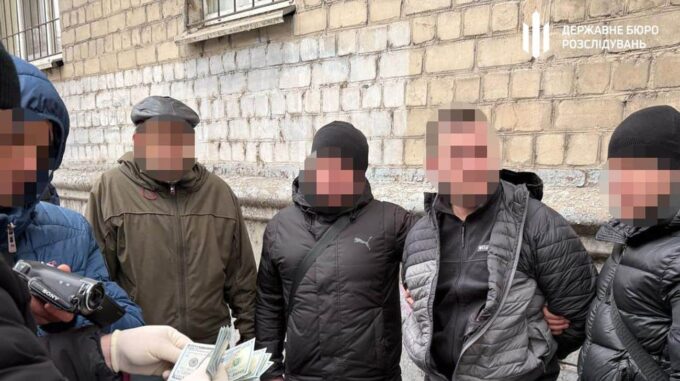In Dnipro, a law enforcement officer is under investigation for attempting to organize a corruption scheme that could allow individuals to evade mobilization for money

According to the State Bureau of Investigation, this police officer acted as an intermediary in February 2025 and promised, for a monetary reward of $1,500, to "erase" a man from the wanted database. At that time, the man was hiding from mobilization measures. A source from the SBI revealed that the officer tried to establish a search for potential "clients" through his acquaintances in order to avoid attracting undue attention and suspicion. To do this, he involved a local businessman, whom he persistently asked to help find individuals evading mobilization and willing to pay for "solving the issue." Moreover, to maintain secrecy and avoid exposure, the police officer threatened to apply administrative pressure to his interlocutors if they refused to cooperate. According to investigation data, it was precisely in February 2025 that the intermediary—a local entrepreneur—found among his acquaintances a man sought by the Territorial Recruitment and Social Support Center (TRSSC). The police officer assured the client that he could "delete" him from the wanted list for $1,500, which would essentially enable him to evade mobilization. After agreeing on all details and receiving the full amount of the bribe, SBI operatives, in cooperation with internal security of the National Police, detained the criminal. The detained law enforcement officer is now charged with accepting unlawful benefits using his official position and influencing the decision-making of officials, as outlined in Articles 368 and 369-2 of the Criminal Code of Ukraine. If found guilty, the court may impose a sentence of up to five years of imprisonment. This is not the first case of corruption abuse in the mobilization system. For example, on April 29, SBI officials announced suspicion against one of the officials of the territorial recruitment centers in Odesa region. The official, in exchange for a monetary reward, entered false data into the electronic registry "Oberih," allowing willing individuals to evade military service by submitting forged documents. These cases once again highlight the need to strengthen control over the observance of legality and combat corruption schemes in sectors directly related to the defense and mobilization of the Ukrainian population. Authorities and law enforcement agencies reaffirm their firm intention to fight any forms of abuse and to increase public trust in the internal security system and justice. However, the situation with corruption manifestations remains one of the most serious problems in this sphere.

